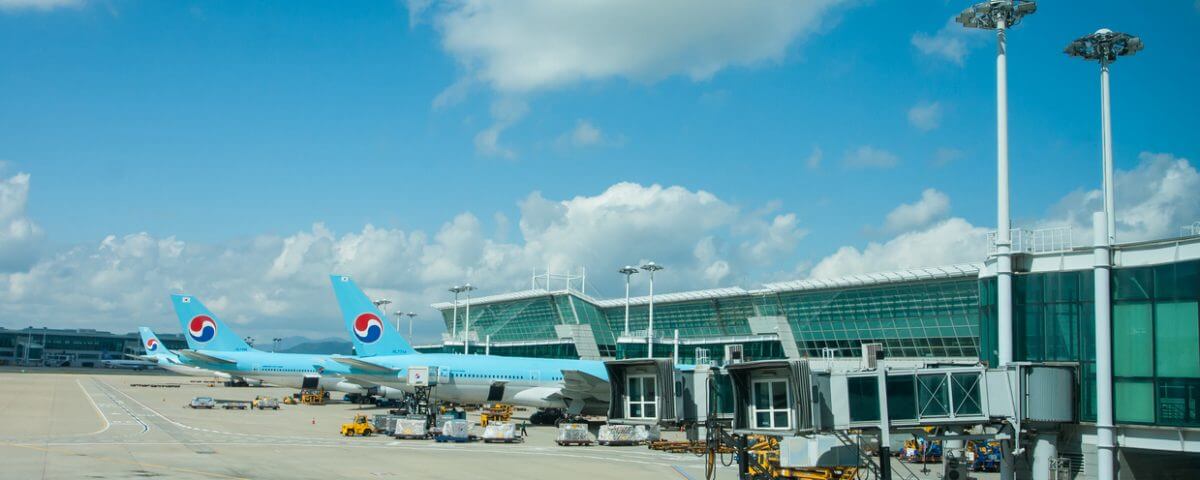
What You Need to Know About Expedited Shipping
December 28, 2017
What Shipping Adjustments are Reasonable?
January 1, 2018Incheon International is South Korean Air Freight Gateway

 From the beginning, Incheon International Airport was built to handle a great deal of cargo. Although it was built to handle 30 million passengers a year at its inception, it was also built with three cargo terminals. Today, both its passenger and cargo capacity have expanded considerably. Shipping to South Korea is made easy through Incheon because of its status as a free economic zone.
From the beginning, Incheon International Airport was built to handle a great deal of cargo. Although it was built to handle 30 million passengers a year at its inception, it was also built with three cargo terminals. Today, both its passenger and cargo capacity have expanded considerably. Shipping to South Korea is made easy through Incheon because of its status as a free economic zone.
Construction is expected to finish in 2020, with the capacity to handle 7 million metric tonnes of cargo annually. It even has a dedicated runway for cargo flights. This gives it room to grow. In 2016, it handled 2.7 million metric tonnes of cargo, but South Korea has been increasingly shifting business to Incheon’s airport and seaport.
Part of this has been due to the city of Incheon becoming South Korea’s very first free economic zone in 2003. This has attracted business from around the world, and made shipping to South Korea much easier. Incheon’s economic zone allows it to process a great deal of cargo very quickly.
Further transport of goods from Incheon is made easy by road and rail connections, as well as by a waterway project that will connect its seaport directly to the capital city of Seoul. This makes Incheon’s air and sea ports the center of expected growth for South Korean international shipping efforts.
It’s worth noting Incheon International Airport’s attention to detail. It’s one of the fastest airports in the world for customs processing. It’s garnered attention as the world’s cleanest airport. While this means a little more for passengers than for cargo, the care and funding an airport puts into cleanliness and efficiency is often reflected in their care for handling and cargo.
If you’re shipping to South Korea through Incheon International Airport, every phase of the transit can be made efficient and less hassle because of the forethought South Korea’s put into the economic planning and growth of this city and its ports.
